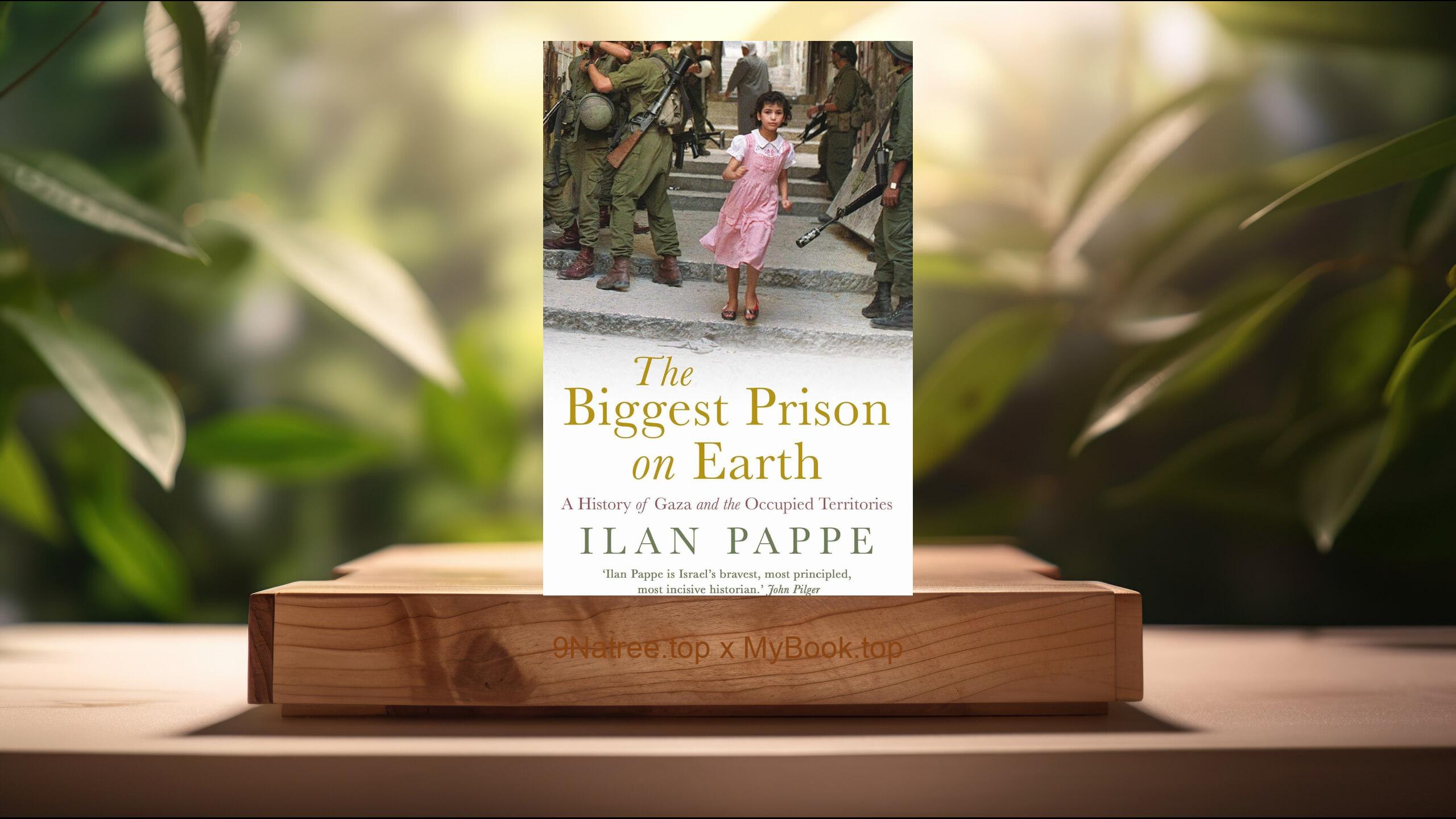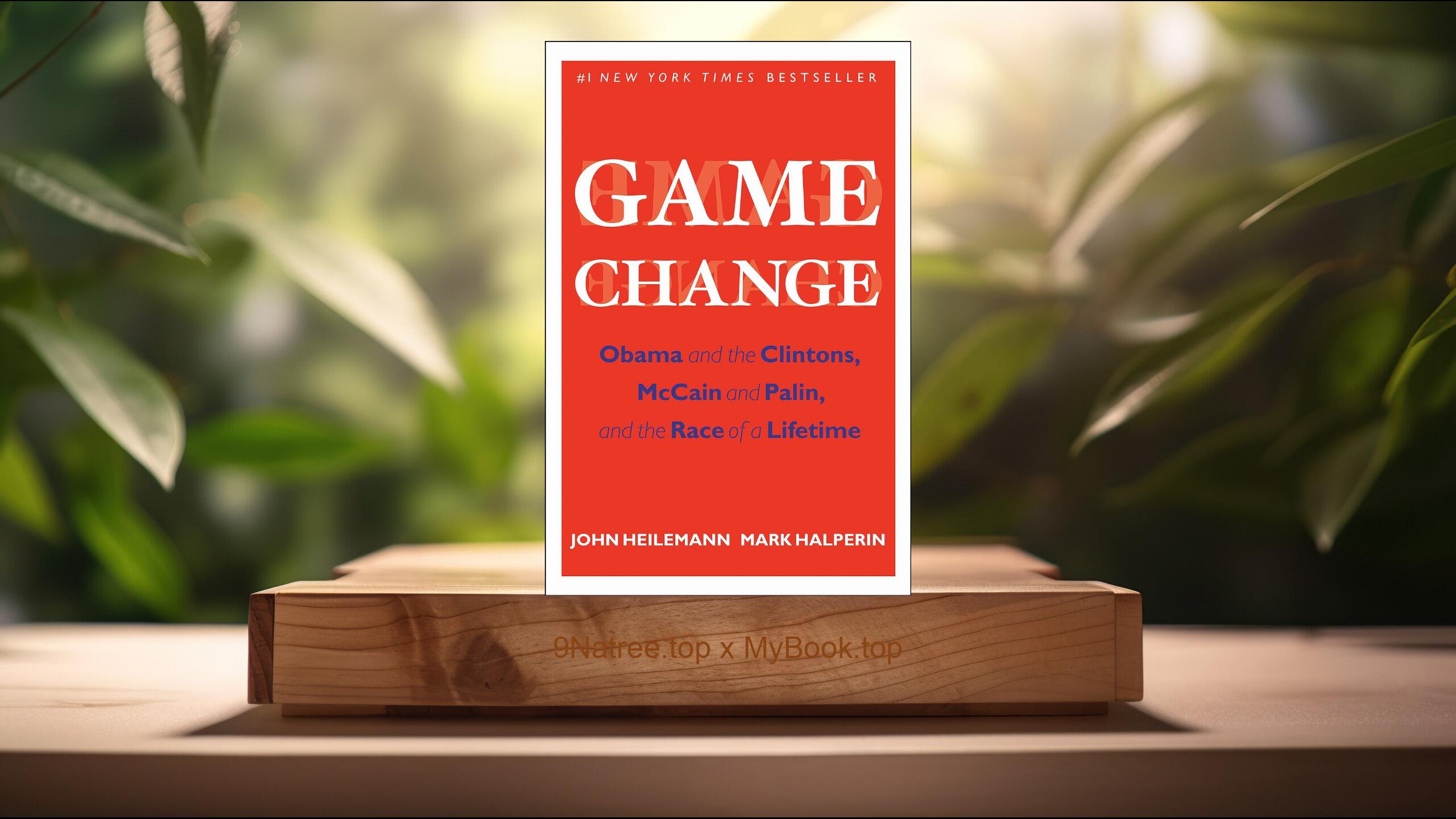Show Notes
- Amazon USA Store: https://www.amazon.com/dp/B075189T6C?tag=9natree-20
- Amazon Worldwide Store: https://global.buys.trade/Beyond-Good-and-Evil-Friedrich-Nietzsche.html
- Apple Books: https://books.apple.com/us/audiobook/beyond-good-and-evil/id1547261775?itsct=books_box_link&itscg=30200&ls=1&at=1001l3bAw&ct=9natree
- eBay: https://www.ebay.com/sch/i.html?_nkw=Beyond+Good+and+Evil+Friedrich+Nietzsche+&mkcid=1&mkrid=711-53200-19255-0&siteid=0&campid=5339060787&customid=9natree&toolid=10001&mkevt=1
- Read more: https://mybook.top/read/B075189T6C/
#Nietzsche #BeyondGoodandEvil #philosophy #morality #willtopower #perspectivism #Westernphilosophy #intellectualfreedom #BeyondGoodandEvil
These are takeaways from this book.
Firstly, The Critique of Traditional Morality, One of the cornerstone themes in Beyond Good and Evil is Nietzsche's challenge to the accepted codes of morality that have dominated the Western world. Rather than seeing morality as a set of divine or universal principles, Nietzsche views it as a human construct, shaped by history, power, and psychological needs. He criticizes moral absolutism—the idea that there is an objective right and wrong—arguing that such concepts are rooted in herd mentality and stifle individual growth. Nietzsche claims that prevailing systems of morality, especially Christian morality, are based on the suppression of natural drives and instincts. He examines how moral systems have often served the interests of those in power by manipulating concepts of good and evil to reinforce their authority. Instead, Nietzsche proposes that morality needs to be reassessed through a rigorous critique of its origins, acknowledging the subjective nature of all values. This critique is not merely academic; it is intended to empower individuals to question inherited norms and take responsibility for their own ethical development. This deeply transformative proposition encourages the reader to think beyond the simplistic opposition of good versus evil and to seek a more honest, robust engagement with their own values.
Secondly, Perspectivism and the Nature of Truth, Beyond Good and Evil is famous for articulating Nietzsche’s theory of perspectivism—the idea that all knowledge and truth are bound by perspective. According to Nietzsche, there is no single, absolute truth; instead, truth is always seen through the lens of personal, cultural, and temporal contexts. Every assertion, belief, and value is colored by a myriad of experiences, biases, instincts, and desires. Nietzsche rejects the notion of objective knowledge, urging readers to recognize the limitations of any viewpoint and to embrace the multitude of competing perspectives that make up reality. This has profound consequences for how we understand knowledge and authority: rather than seeking a final, universal answer, we should accept the pluralism of truths and engage in ongoing critical dialogue. This perspective not only challenges rigid dogma but also opens up space for creative self-expression and intellectual freedom. By understanding perspectivism, readers can adopt a more open-minded approach to philosophy, relationships, politics, and self-development.
Thirdly, The Will to Power, Central to Nietzsche's philosophy in Beyond Good and Evil is the concept of the will to power. Nietzsche proposes that behind all human action and motivation lies a fundamental drive not for survival or happiness, as traditional philosophers might claim, but for power and self-assertion. The will to power is expressed not only in politics and society but also within the individual’s quest for self-mastery and creative achievement. Nietzsche's notion challenges passive acceptance of social norms and emphasizes the importance of striving, overcoming, and transforming the self. He encourages readers to cultivate strength of character, ambition, and resilience, and to use their will to power consciously in shaping their lives and values. This theme resonates deeply with modern readers seeking meaning, autonomy, and personal agency. It urges us to break free from conformity and to pursue our highest potential, making Nietzsche's insights on will to power both timeless and personally relevant.
Fourthly, Critique of Religion and Metaphysics, Nietzsche’s examination of religion and metaphysics is uncompromising and incisive. In Beyond Good and Evil, he dissects the ways in which religious doctrines—especially Christianity—have shaped not only personal morality but also metaphysical assumptions about reality, truth, and the self. Nietzsche perceives the religious worldview as ultimately life-denying, promoting values like humility, meekness, and self-sacrifice at the expense of human flourishing and creativity. He questions the existence of metaphysical absolutes such as God, the soul, and moral laws, labeling them as inventions designed to control and pacify individuals. Instead, Nietzsche advocates for a more naturalistic worldview, where individuals are encouraged to create meaning in a universe that lacks inherent purpose. His demand for intellectual honesty and willingness to question sacred truths continues to inspire philosophical debate and personal introspection. For readers grappling with spiritual or existential questions, Nietzsche’s critique offers both a challenge and an invitation to rethink what it means to live authentically.
Lastly, The Role of the Philosopher and Free Spirits, Nietzsche exalts the figure of the philosopher—not as a detached theorist, but as a creative, courageous, and independent spirit. In Beyond Good and Evil, he distinguishes between traditional philosophers, who justify conventional beliefs and systems, and ‘free spirits,’ who challenge, question, and imagine new possibilities. Nietzsche paints the true philosopher as a pioneer, willing to step beyond society’s limitations and to risk misunderstanding in pursuit of deeper insight and personal transformation. He encourages individuals to become their own artists, shaping their lives and their beliefs without seeking approval from the masses. The philosopher, in Nietzsche’s vision, is someone who not only seeks knowledge but also embodies it through action and experimentation. This concept empowers readers to become self-authors and to take bold responsibility for their intellectual and moral development. It is a call to courage, creativity, and individuality that resonates far beyond academic philosophy.
![[Review] Beyond Good and Evil (Friedrich Nietzsche) Summarized](https://episodes.castos.com/660078c6833215-59505987/images/2135532/c1a-085k3-1p539p1daqmz-5ncase.jpg)




